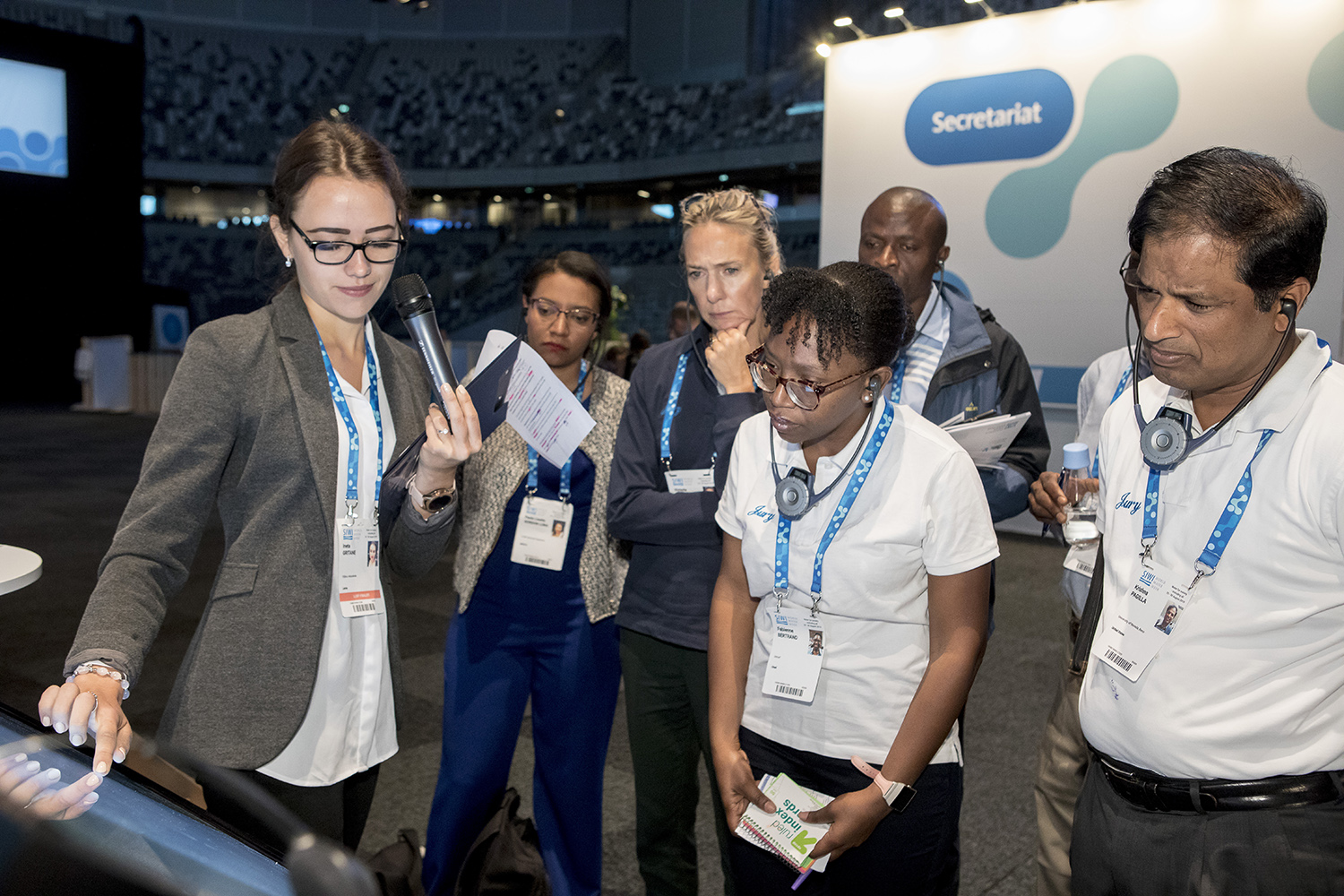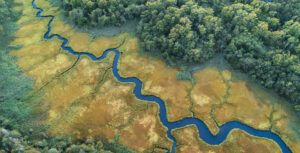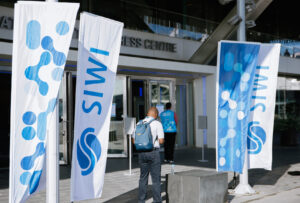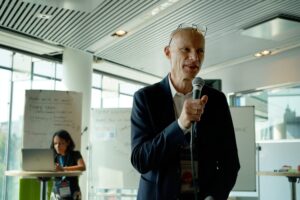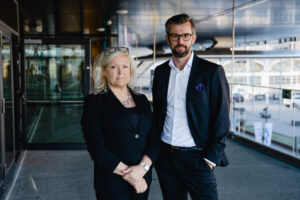Tips for better project presentations
“In science, you also acknowledge the mistakes you made and the things that turned out to be different compared to what you expected.”
You also mentioned presentation skills, what is most important to think about when presenting the project during the interview?
Remember that you don’t need to talk about every detail of your project. If you are a finalist being interviewed, the jury members will already have read your written presentation. During the interview, you can focus on what you really want to highlight. Though the interview session is scheduled to be 15 minutes, it is enough if you talk about your project for five minutes and then allow 10 for questions.
The jury will do everything to make you relax and enjoy the chat, so there is nothing to worry about. Try to speak slowly and don’t forget to breathe.
What happens if I am interviewed and have technical problems?
No matter how well prepared you are, there is always the risk of technical issues occurring and the jury knows this. In case you run into technical problems you will get extra time so that you do get your allocated 15 minutes with the jury.
What are the most common mistakes people make when they are interviewed?
Many people tend to speak too fast when they are nervous. It is better to talk about fewer things and focus on one main message in your presentation. Another common mistake is to only talk about the things that went well during your project, but in science, you also acknowledge the mistakes you made and the things that turned out to be different compared to what you expected.
What is your best tip for success?
Be yourself! Talk about why you think the topic you have chosen is important and why you care about it. Make your presentation as direct and easy to understand as possible and avoid unnecessarily complicated words. If you are unsure how a word is pronounced or what it means, you will only get nervous. The Stockholm Junior Water Prize interviews should be fun and a great chance to talk about your project with experts in the field.
